Joint accounts opened in both spouse’s names generally require division during a divorce. Pennsylvania divides debts and assets under equitable distribution laws, and a judge may order you to pay what he or she considers is your fair share. Debts that benefited a couple’s household such as credit cards, mortgages and auto loans may require negotiation.
If you opened an account before your marriage, the debt is legally yours. A court, however, may order your spouse to pay a fair share of the remaining balance for purchases that contributed to your marital household. Receipts showing that a personal purchase did not go toward a household may convince a judge that the debt belongs to only one spouse.
An account owned jointly by two spouses may require paying off before finalizing the divorce. A balance transfer from a jointly owned credit card to one issued only to you generally makes the debt entirely yours.
Depending on the circumstances, a court order may require an individual to take over his or her ex-spouse’s credit card payments. As noted by U.S. News & World Report, however, the credit card issuer expects payments to come from the individual whose name appears on the account. If your ex-spouse doesn’t make court-ordered payments on an account in your name, you may need to take legal action.
If your spouse wishes to keep the home or car, he or she must have the financial ability to continue making payments on the loan. A judge may order you to pay a fair share toward the debt if it fulfills your children’s needs. If you anticipate paying alimony or child support, the amount may include enough funds for your ex-spouse to make a mortgage or car loan payment.


